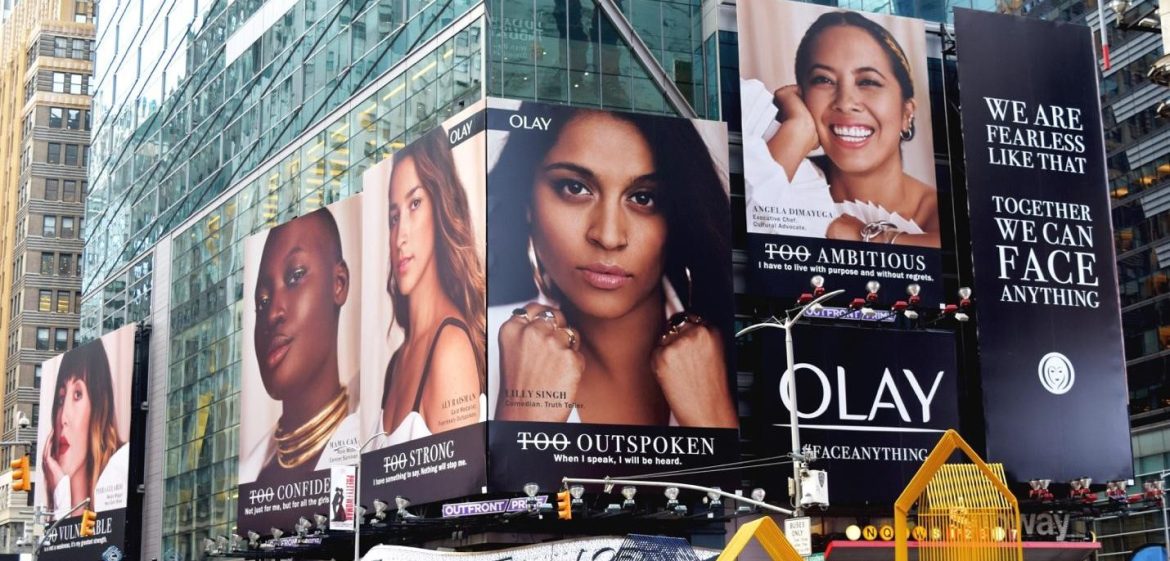In the strange world of marketing, a surprising paradox has captured the attention of researchers:
How can offensive and discriminatory advertisements against women or people of color ultimately attract more of those very same groups? Research from Ben-Gurion University unveils this psychological secret.
When a brand publishes an ad insulting a specific group, like women or ethnic minorities, an unexpected thing happens. Instead of universal anger and rejection, some individuals subconsciously activate a fascinating defense mechanism.
They attempt to preserve their self-esteem by distancing themselves from the insulted group. By thinking, “I’m not like the rest of that group,” they try to prove their individuality. In doing so, these very same people become the brand’s most ardent supporters to demonstrate their difference!

The more worrying point is that some brands appear to use this technique intentionally. By releasing controversial ads, they precisely target this psychological reaction. This is a dangerous game where brands leverage the psychological vulnerabilities of marginalized groups for greater profit.
These findings carry an important message for all of us. We must be vigilant. When we encounter a controversial ad, we should ask ourselves: Is this a deliberate strategy to manipulate our emotions? We must understand that a sales boost following an offensive ad is not necessarily a sign of acceptance, but rather a symptom of a damaged psychological response.
As consumers, we have a responsibility to be aware of brands that use such techniques. Furthermore, there is a growing need for stricter regulations to prevent brands from exploiting consumer emotions.
This research reminds us that consumer psychology is far more complex than it seems. Understanding these psychological mechanisms helps us become smarter consumers and avoid falling for brands’ psychological games. Remember, sometimes a brand’s popularity is not a sign of its quality, but a sign of its success in manipulating our feelings.
phys


